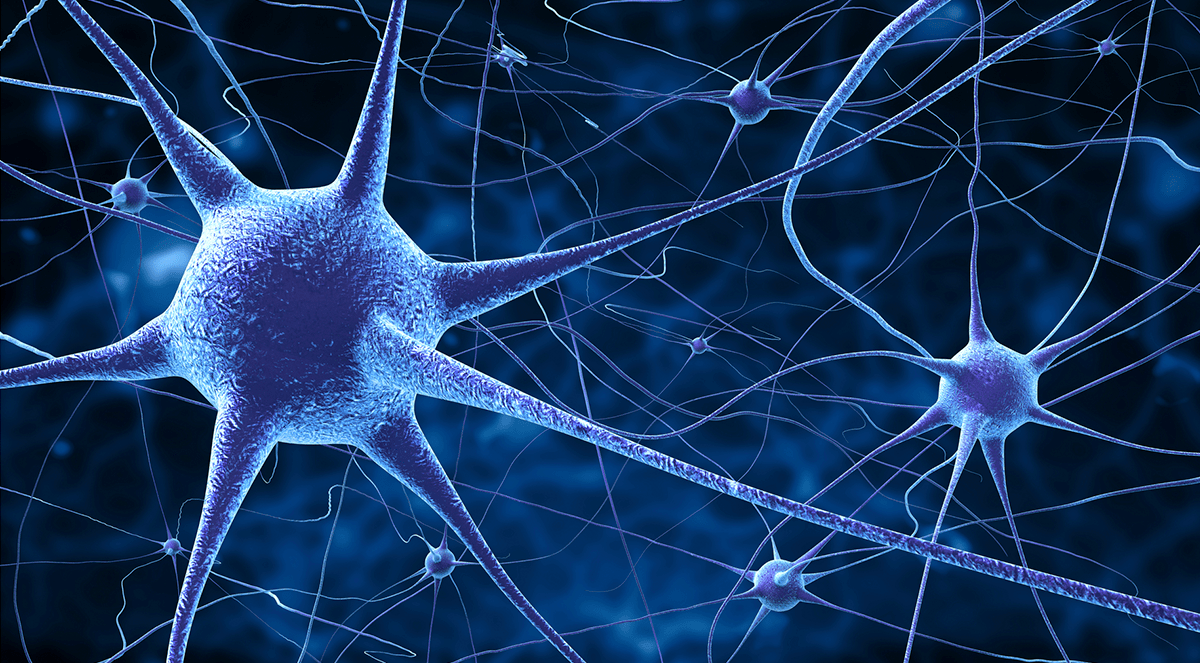Although mental health diagnoses and treatments are spreading across the globe, most medicalization research originates from the Global North, where diagnosis and treatment are well institutionalized. In this article, we examine the earliest possible emergence of ADHD diagnosis and treatment in the context of Ghanaian boys’ transition towards manhood. Based on ethnographic fieldwork among boys from different class backgrounds in Accra in 2017, we identify how interactional troubles arising at the tricky transition to manhood provide a fertile or inhibiting context for medicalization. Torn between norms of obedience, autonomy and striving for societal achievements, boys face obstacles on the road towards manhood that are not yet medicalized. We demonstrate that boys and adults use specific idioms (in Ghanaian local language Twi) to describe issues around overactivity and inattention, but do not refer to medical categories. Instead, we witness an emerging shift towards psychological counselling, potentially supported by global mental health actions, and Pentecostalism. This psychologizing might constitute an intermediate step towards medicalization of troubling interactions. However, the colonial stigma of psychiatric labels and the limited reach of psycho-medical institutions in Ghana make medicalization unlikely. At the same time, there is a possibility for medicalization at the intersection of interactional problems, inequality, the global spread of psychiatry and transition to manhood. Medical labels and potentially ADHD might shift the blame from family to “disease”. The incipient introduction of diagnosis and treatment might engender a creolized notion of ADHD with disrespect being a core problem.Copyright © 2021 The Authors. Published by Elsevier Ltd.. All rights reserved.
Medicalization and manhood: Is an ADHD diagnosis emerging for allegedly troublesome boys in Accra, Ghana?


